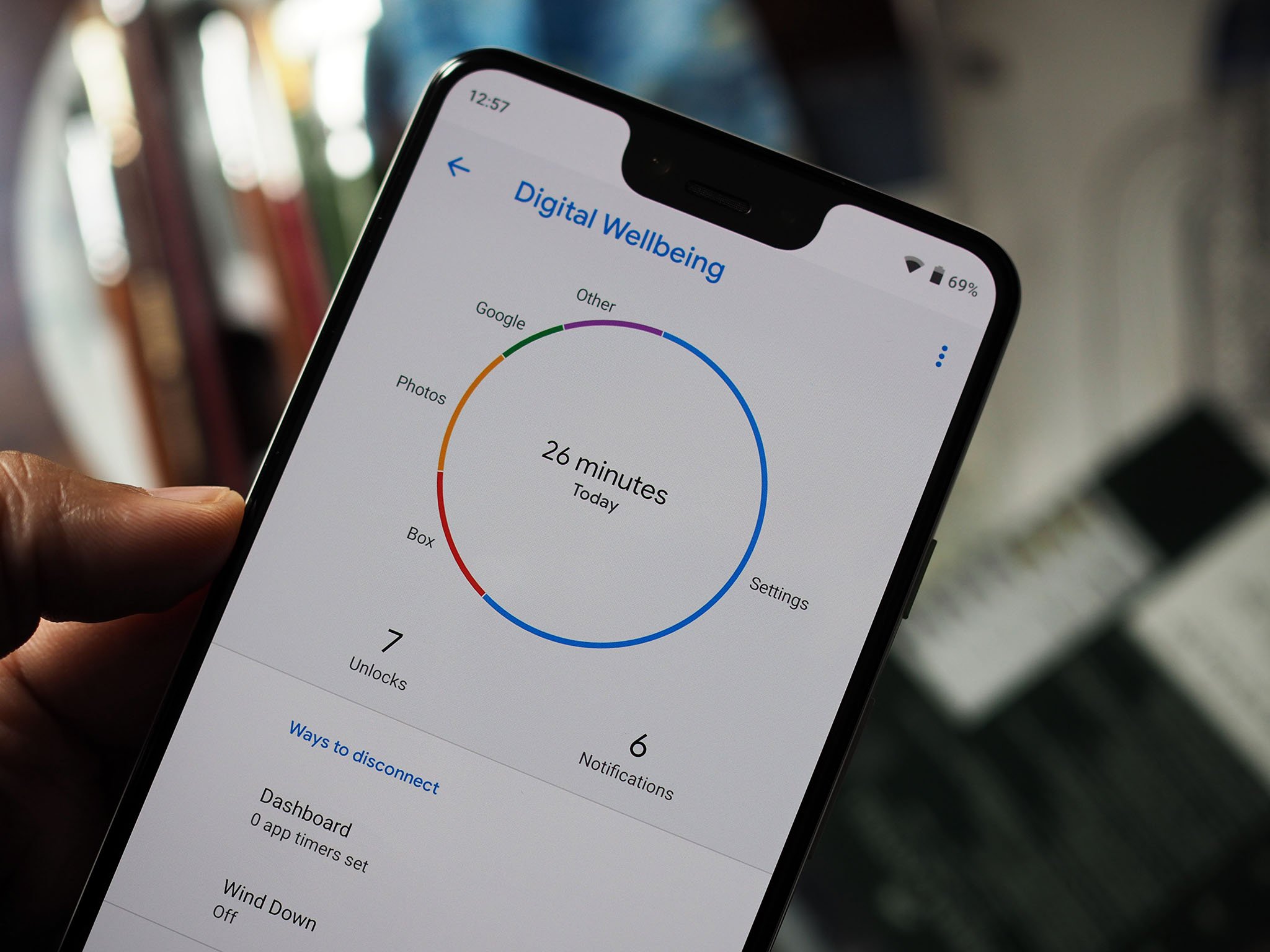Digital Wellbeing and parental controls are now required on all Google-certified Android phones

Get the latest news from Android Central, your trusted companion in the world of Android
You are now subscribed
Your newsletter sign-up was successful
What you need to know
- Digital Wellbeing and specific parental controls will now be required on all Google-certified Android phones.
- Manufacturers can keep their own similar solutions so long as they meet certain requirements.
- Implementation of these features is required from this point forward, including OTAs to Android 9 and 10.
Google is making a big step toward standardizing its "Digital Wellbeing" and parental control efforts with the latest iteration of its Google Mobile Services (GMS) license. According to documentation obtained by XDA, as of early September, any company making an Android phone that uses GMS is required to either preload Google's Digital Wellbeing and Family Link apps, or provide suitable alternative Digital Wellbeing and parental control feature set.
Google's taking an aggressive approach to rolling these features out to the entire ecosystem.
The transition is somewhat surprising considering Google launched Digital Wellbeing as a Pixel-only feature and only recently has stared to open it up to specific Android One phones and then certain other manufacturers. But with the requirement to include these Digital Wellbeing and parental control features across the Google-certified Android ecosystem, Google will obviously be able to start touting this as a widespread feature no matter what phone you buy. And with good reason — these features (particularly parental controls) for managing phone usage are a popular discussion topic today.
Digital Wellbeing is a dashboard and set of features that gives you visibility into how much you're using your phone, which apps are notifying you the most, and provides a set of tools to help you manage that use if you so choose. Family Link is, understandably, a bit more restrictive in that it gives a prent the ability to fully restrict various parts of device usage for their child.
Managing phone use is a hot-button topic, and Google wants to be on the forefront.
Google is seemingly taking this rollout seriously, because it's making this requirement applicable to all new Android phones but also any existing phone's software update to Android 9 or Android 10 going forward. That obviously leads to extra work for the companies rolling out updates, but also accellerates the implementation of this policy. At the same time Google's offering some level of flexibility for companies — like Xiaomi and Huawei — that have already made their own versions of these features, to keep offering them so long as they meet certain compatibility requirements to be in line with Google's apps.
There's obviously no user requirement to actual use these features, and we can hope that manufacturers implement them in a way that is relatively seamless (like many other Google-required features anda pps). If that's the case, this is win-win for everyone.
Get the latest news from Android Central, your trusted companion in the world of Android

Andrew was an Executive Editor, U.S. at Android Central between 2012 and 2020.
